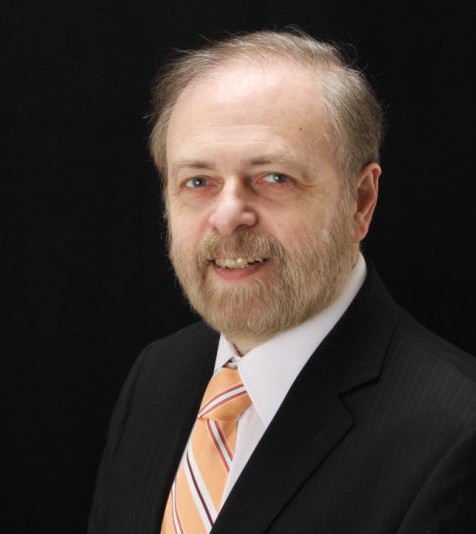By Rabbi Mordechai Levin
Published by the Omaha World Herald – September 25, 2010
A story is told about a tourist who visited a renowned 19th-century European rabbi, and noticed that he lived very frugally. His room contained only a wooden table, a couple of chairs and many books. “Where is your furniture?” asked the visitor. “And where is your furniture?” the rabbi asked him. The puzzled tourist said, “But I’m only a visitor here. I’m only passing through.” The rabbi responded, “I, too, am only passing through this world.”
Life is short. In the Hebrew Bible, the life of a human being is compared to a fleeting shadow: “My days are like a lengthening shadow; I wither like grass” (Psalms 102:12). “Man is like a breath, his days are like a passing shadow” (Psalms 134:4).
The Festival of Sukkot, which we are now celebrating, reminds us of the same idea. The word “sukkot” means booths, and refers to the temporary shelters in which our ancestors dwelled 3,200 years ago, during their 40 years of wandering in the wilderness following their exodus from Egypt, and until their return to the land of Israel.
In addition to its historical meaning, the sukkah (booth) symbolizes the temporary and fleeting nature of human existence. This transitory nature does not make life meaningless; rather, it is precisely this that gives life meaning. By being aware of the brevity of life, we can appreciate the preciousness of every moment. Every day, every moment is filled with potential. The sukkah reminds us that today is a gift from God. Let us not waste it!
 is the rabbi of Congregation Beth Israel in Munster, IN. He received his rabbinic ordination from the Latin American Rabbinical Seminary, and is a member of the Rabbinical Assembly. In 2010, he was awarded an Honorary Doctorate of Divinity from the Jewish Theological Seminary in New York City for his years of dedicated service to the Conservative movement and the Jewish community...
is the rabbi of Congregation Beth Israel in Munster, IN. He received his rabbinic ordination from the Latin American Rabbinical Seminary, and is a member of the Rabbinical Assembly. In 2010, he was awarded an Honorary Doctorate of Divinity from the Jewish Theological Seminary in New York City for his years of dedicated service to the Conservative movement and the Jewish community...